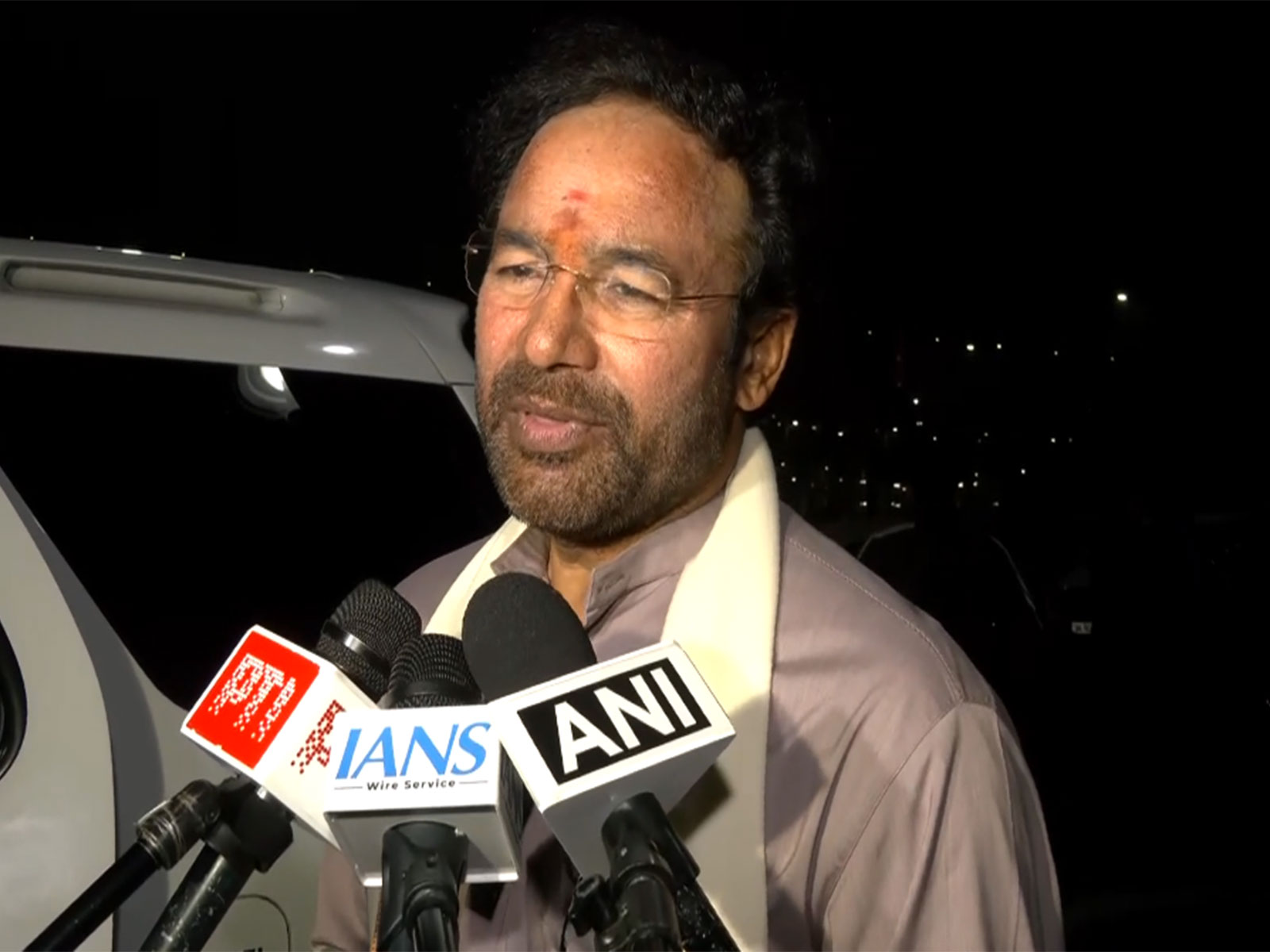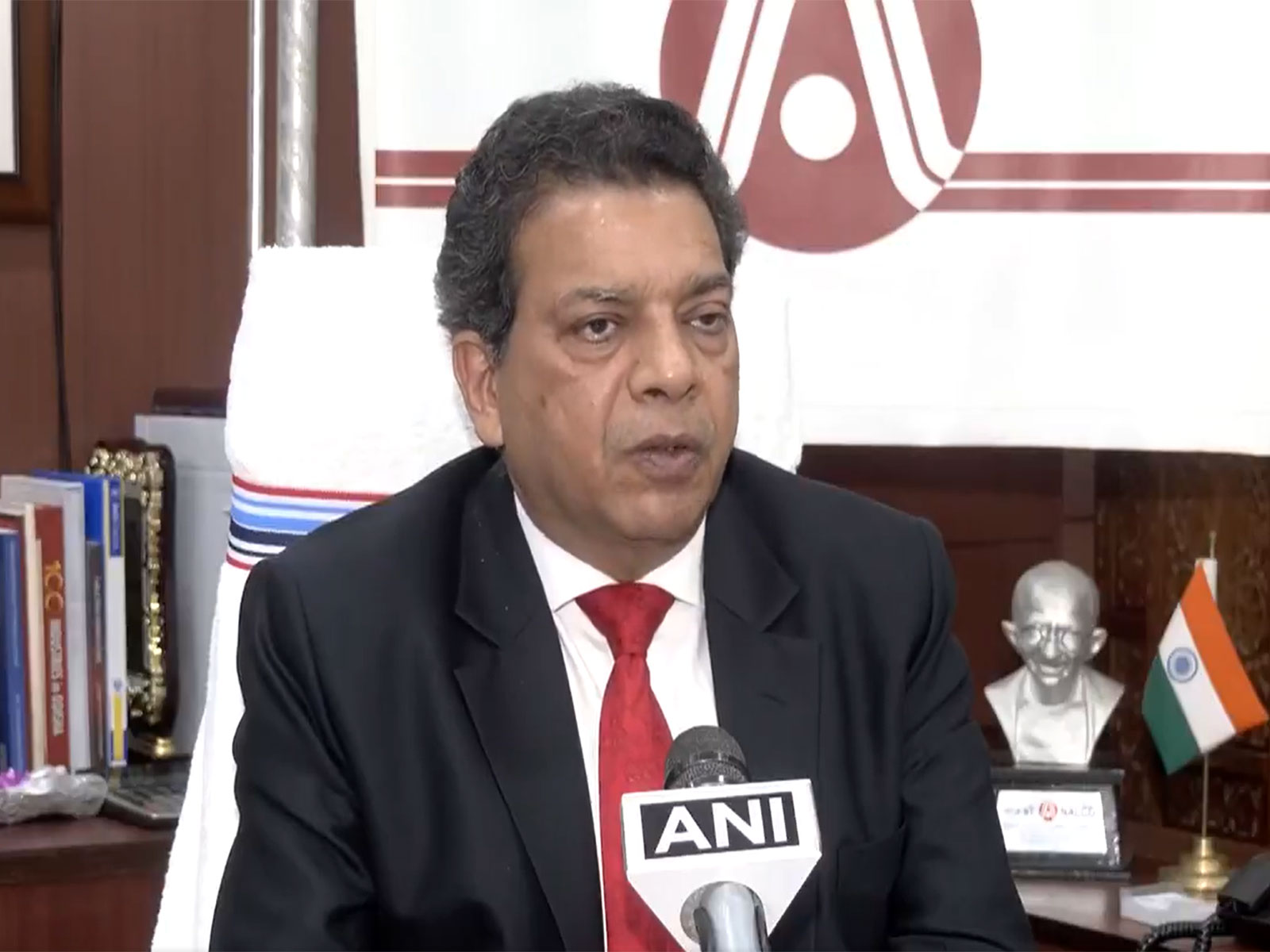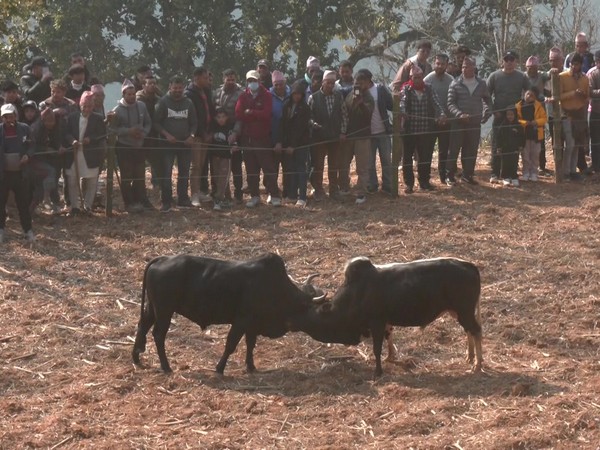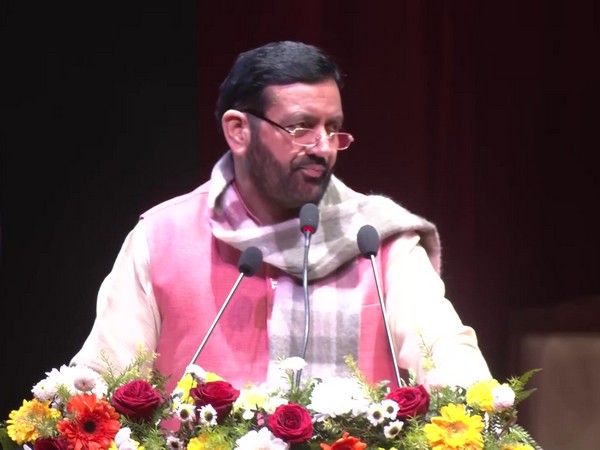Need to identify areas with human-elephant conflict, work on policy to decrease it, says Environment Minister
Aug 12, 2021

New Delhi [India], August 12 : Union Environment Minister Bhupendra Yadav on Thursday called for identifying the areas where human-elephant conflict exists and work on a policy to decrease it.
On World Elephant Day, Environment Minister Bhupendra Yadav in his speech stated, "Conservation cannot happen through theories, we have to reach them. We have to believe that locals, as well as departments both, are the trustees."
"We need to identify the areas where human-elephant conflict exists. And one should visit there in person. We have to keep working on our policy to decrease the conflict," the minister added.
The Ministry of Environment, Forests and Climate Change on Thursday observed World Elephant Day to give a boost toward awareness, and draw special attention towards human-animal conflicts.
On World Elephant Day it was highlighted that the wildlife conflict is becoming the most critical challenge faced by the country with various such incidents hitting the national dailies frequently.
It has been estimated that among Asian countries highest number of Asian elephants is found in India which is around 30,000 while less than 50,000 elephants live in the wild.
The estimation also states that in Indonesia and Vietnam the number of elephants has dropped to become "critically endangered".
Significantly, 2,700 captive elephants are there in India.
The ministry is providing aid to states to establish elephant rescue centers or rehabilitation centres for the welfare of captive elephants.
The first World Elephant Day was observed in the year 2012 to bring attention to the urgent plight of Asian and African elephants. Since then, the day is being observed every year on 12 August.
World Wide Fund for Nature) in its recent data on elephants has come up with figures stating that approximately 440,000 elephants are left on the planet. Their data also reveals that around 15,000 elephants are hunted by poachers every year.

















